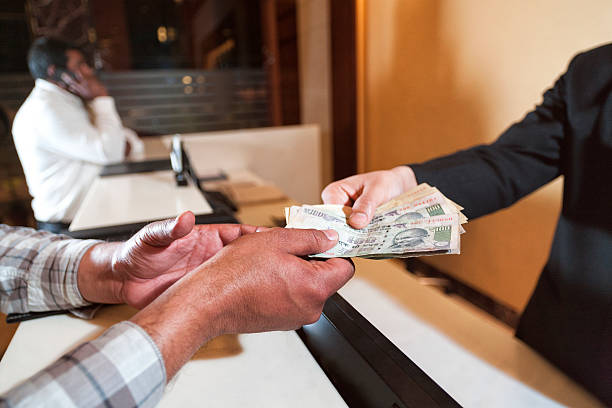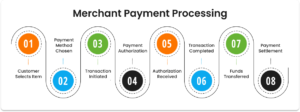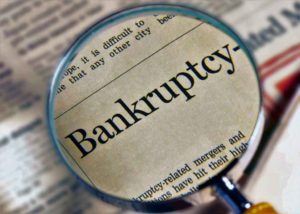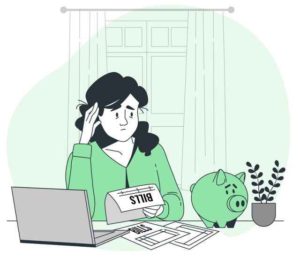When it comes to purchasing a property, there are two main options for payment: obtaining a mortgage or paying in cash. Each option has its own benefits and drawbacks, so it’s important to consider your personal financial situation and goals before making a decision. In this article, we’ll explore both options and provide some tips for making the right choice for you.
Option 1: Obtaining a Mortgage
When purchasing a property, many individuals may require financial assistance as they may not have the funds to acquire it outright. In such cases, a mortgage is a popular financing option. Essentially, a mortgage is a loan that is obtained to pay for the property, and it is repaid over time with added interest.
To acquire a mortgage, one approach is to collaborate with a financial institution, such as a bank. The lender will ask for supporting documents like your credit score, income, and job history to evaluate your eligibility for a mortgage. Additionally, an appraisal of the property will be required to establish its worth.
Alternatively, another route is to purchase a property through an auction. These auctions are typically conducted by a qualified auctioneer and can often provide excellent deals. However, if you plan on financing the purchase through a mortgage, obtaining pre-approval from a lender is crucial before bidding on the property.
Benefits of obtaining a mortgage
Securing a mortgage offers a major advantage as it allows you to avoid paying the entire property cost upfront, freeing up your cash reserves for other investments or expenses. Moreover, consistent mortgage payments can help you build your credit score over time.
Drawbacks of obtaining a mortgage
The downside of obtaining a mortgage is that you’ll end up paying more for the property over time due to interest charges. Also, if you happen to fall behind on your mortgage payments, the lender can foreclose on the property.
Option 2: Paying Cash for the Property
If you have the funds available, paying cash for a property is another option to consider. This means that you’ll pay the full purchase price of the property upfront, without the need for a mortgage.
Benefits of paying cash
One of the main benefits of paying cash for a property is that you’ll own the property outright, without the burden of monthly mortgage payments. This can provide a sense of security and peace of mind. Additionally, you won’t have to worry about interest charges and other fees associated with obtaining a mortgage.
Drawbacks of paying cash
A primary disadvantage of purchasing a property with cash is the need for a substantial upfront payment, which may not be feasible for everyone and can restrict your ability to invest in other areas. Moreover, allocating a significant portion of your cash into a property may not offer the same returns as other investments.
Tips for Making the Right Choice
When deciding whether to obtain a mortgage or pay cash for a property, consider your personal financial situation and goals. Ask yourself questions like:
- Do I have the funds available to pay cash for the property?
- Am I comfortable taking on debt in the form of a mortgage?
- Will paying for the property in cash leave me with enough funds for other investments or expenses?
It’s also important to consider factors such as interest rates, taxes, and potential returns on investment. Consulting with a financial advisor or real estate professional can help you make an informed decision.
Both obtaining a mortgage and paying cash for a property have their own benefits and drawbacks. It’s important to carefully consider your personal financial situation and goals before making a decision. Whether you work with a lender or an auctioneer, purchasing a property is a significant investment, and choosing the right payment option can help you achieve your long-term financial goals.





Be First to Comment